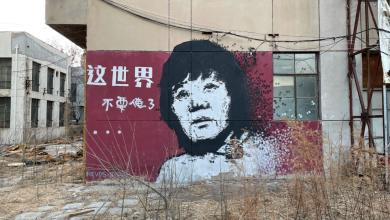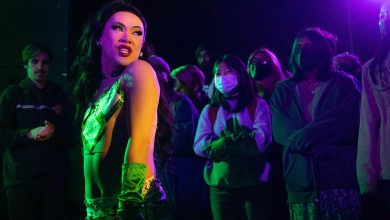Florynce Kennedy
A lawyer, an activist, and a feminist, Florynce Kennedy’s unconventional tactics and loud-mouthed quotables leave a burning legacy in women’s history.
-
Born on February 11, 1916 in Kansas City, Missouri.
-
Of her childhood, she says, “Our parents had us so convinced we were precious that by the time I found out I was nothing, it was already too late. I knew I was something.”
-
In 1942, she moved to Harlem in order to pursue a career in law and majored in pre-law at Columbia University, graduating in 1949.
-
When she re-applied to Columbia’s Law School, however, she was refused admission. As she states in her autobiography, “The Associate Dean Willis Reese told me I had been rejected not because I was a Black but because I was a woman. So I wrote him a letter saying that whatever the reason was, it felt the same to me …”
-
Columbia went on to admit her after she threatened to sue for sexism and she graduated in 1951, being only the second black woman to graduate from Columbia Law School.
-
Throughout her career as a lawyer, she took on various cases involving social and feminist issues.
-
She was a founder of The National Organization For Women (1966), a feminist organization striving to instill constitutional and societal equality for women. However, Kennedy subsequently left the organization due to strategic disagreements and also, because the going got too “tame.”
-
She went on to establish the Feminist Party and nominate Congresswoman Shirley Chisholm as President in 1972. Chisholm became the first major-party black candidate and the first woman to run for the Democratic presidential nomination.
-
As a testament to her activism with the party, Kennedy went on to sue the Catholic Church by filing tax evasion charges to the IRS, claiming that the Church’s campaign against abortion rights was violating the separation of church and state.
-
As a continuation of her pro-choice stance, she authored one of the first books on abortion, Abortion Rap, with fellow-writer Diane Schulder, in 1971. The book dealt with the testimonies of about 300 women who filed a lawsuit in early 1970 challenging the constitutionality of New York’s abortion laws.
-
Kennedy has also been widely credited for coining the phrase, “If men could get pregnant, abortion would be a sacrament.”
-
Regarding her experiences in the judicial system and her stance against the Catholic Church, Kennedy was quoted as saying, “It’s interesting to speculate how it developed that in two of the most anti-feminist institutions, the church and the law court, the men are wearing the dresses.”
-
Known for her flamboyant and controversial tactics, she once led a mass urination at Harvard to protest the lack of female bathrooms on the campus. When asked about it, Kennedy retorted, “I’m just a loud-mouthed middle-aged colored lady with a fused spine and three feet of intestines missing and a lot of people think I’m crazy. Maybe you do too, but I never stop to wonder why I’m not like other people. The mystery to me is why more people aren’t like me.”
-
She died on December 12, 2000, at the age of 84.




